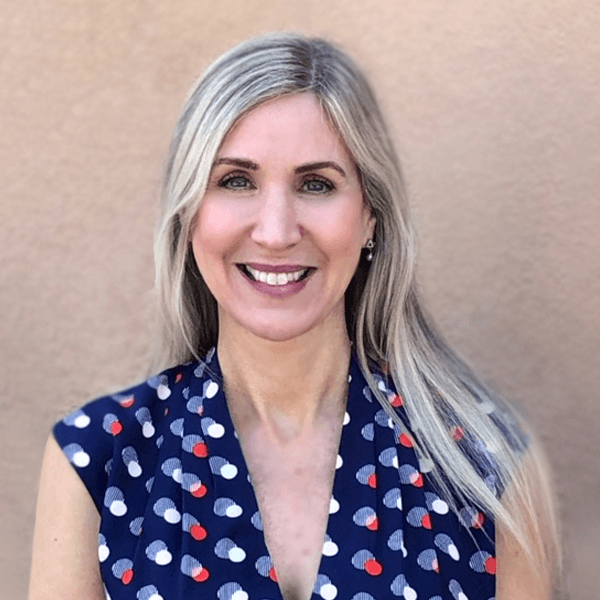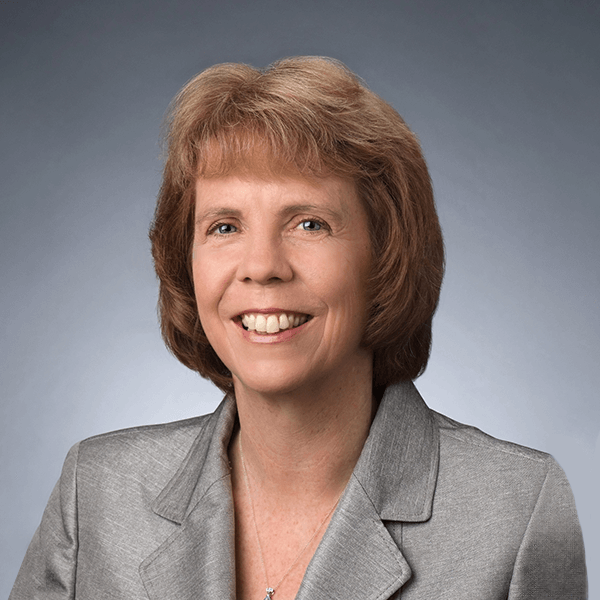
Assumed Names, Trade Names and Fictitious Names: Why is All of This so Complicated?
Now on Demand: Dive into the complexities of assumed name registration and national and local name protections.
Webinar Details
We delved into the complexities surrounding the use and registration of assumed names in business operations. Our presenters explored various national and local name protection options to safeguard these valuable assets, emphasized the necessity of registration for elective assumed names, discussed the legal prerequisites and potential penalties for failing to adhere to these requirements and even examined significant case decisions.
We also covered the assumed name registration process, detailing name requirements, filing locations, post-registration duties and the different variations of registrations while touching upon how assumed names influence due diligence. There was also a timely discussion on the CTA assumed name reporting requirements and guidance on how to determine location and existence of assumed name registrations.
Meet the Hosts
Pia Angelikis, Esq.
Pia Angelikis, Esq., is the Vice President of Government Relations and Legal Research at Cogency Global Inc. She has over 20 years of experience with premiere service companies in the UCC and corporate services industry, managing large teams of expert lawyers and paralegals conducting legal research for public filing requirements for multistate mergers, conversions and acquisitions, tracking and analyzing UCC Article 9 and business entity legislation in all 50 states and the District of Columbia, and providing thought leadership. Prior to her career in the UCC and corporate services industry, Ms. Angelikis litigated for 5 years in the areas of insurance defense and employment law. She wrote the winning brief resulting in the 9th Circuit published opinion, In re Complaint of Ross Island Sand & Gravel, 226 F.3d 1015 (9th Cir. 2000). Ms. Angelikis holds a JD from the University of California, Hastings College of the Law and is licensed to practice law in California.
Teri Mayor
Teri M. Mayor is the Vice President of Product Management for Business Entity Services at Cogency Global Inc. Ms. Mayor’s responsibilities include development and marketing of corporate transactional services, such as entity filings, document retrieval and authentication/legalization of documents for use internationally. Her work includes the development of new services and technology, providing training to clients and staff and acting as a resource in the areas she manages. Ms. Mayor has developed and delivered numerous public and in-house seminars on topics related to corporate and entity services. She also regularly contributes articles to Cogency Global’s Corporate Transactions and Compliance Blog.
CLE/MCLE Information
Is there a fee to attend this webinar?
There is no fee to attend our webinars, but advance registration is required
What states do you register for CLE Accreditation?
Currently, we apply for accreditation in California, New York, Florida, Illinois and Texas
Do you offer CLE accreditation for paralegals?
Some webinars are accredited through NFPA and NALA.
Do I have to attend the entire webinar?
To receive full credit, you must be present for the entire presentation and answer all poll questions throughout the webinar.
Who is this webinar suitable for?
Although anyone may attend the webinars, it is most suitable for newly admitted and experienced attorneys and legal professionals.
What happens if my state is not one of those listed previously?
For any states not listed as approved or pending, we strongly encourage attendees to self-apply/self-report to the respective states.
Does CLE accreditation for your webinars expire?
Please be aware that CLE accreditation does expire. We will post on the related pages when a webinar no longer qualifies for CLE credit. Check with your CLE/MCLE board in your state to be sure.
- New York: Three years after the date of the live event.
- Texas: Two years after the date of the live event.
- California: Two years after the date of the live event.
- Illinois: Two years after the date of the live event.
- Florida: 18 months after the date of the live event.

